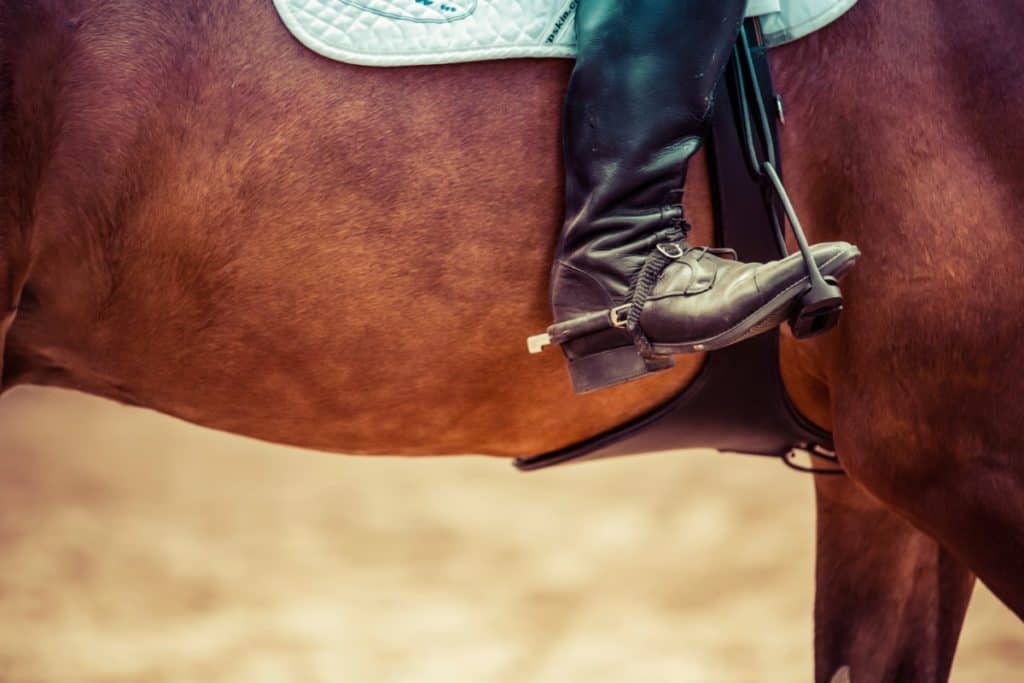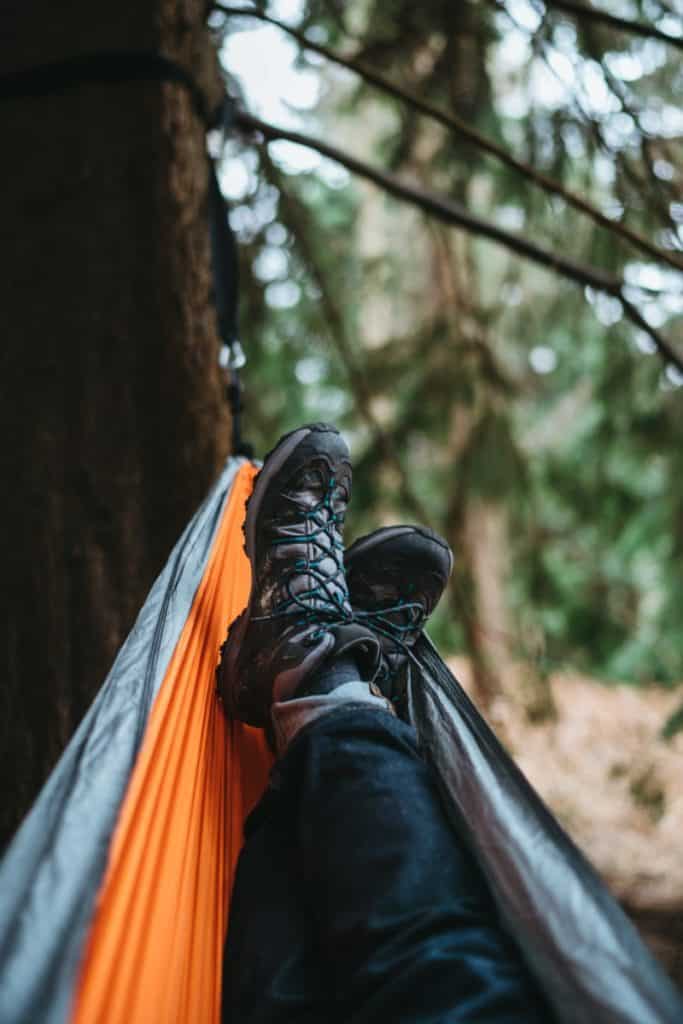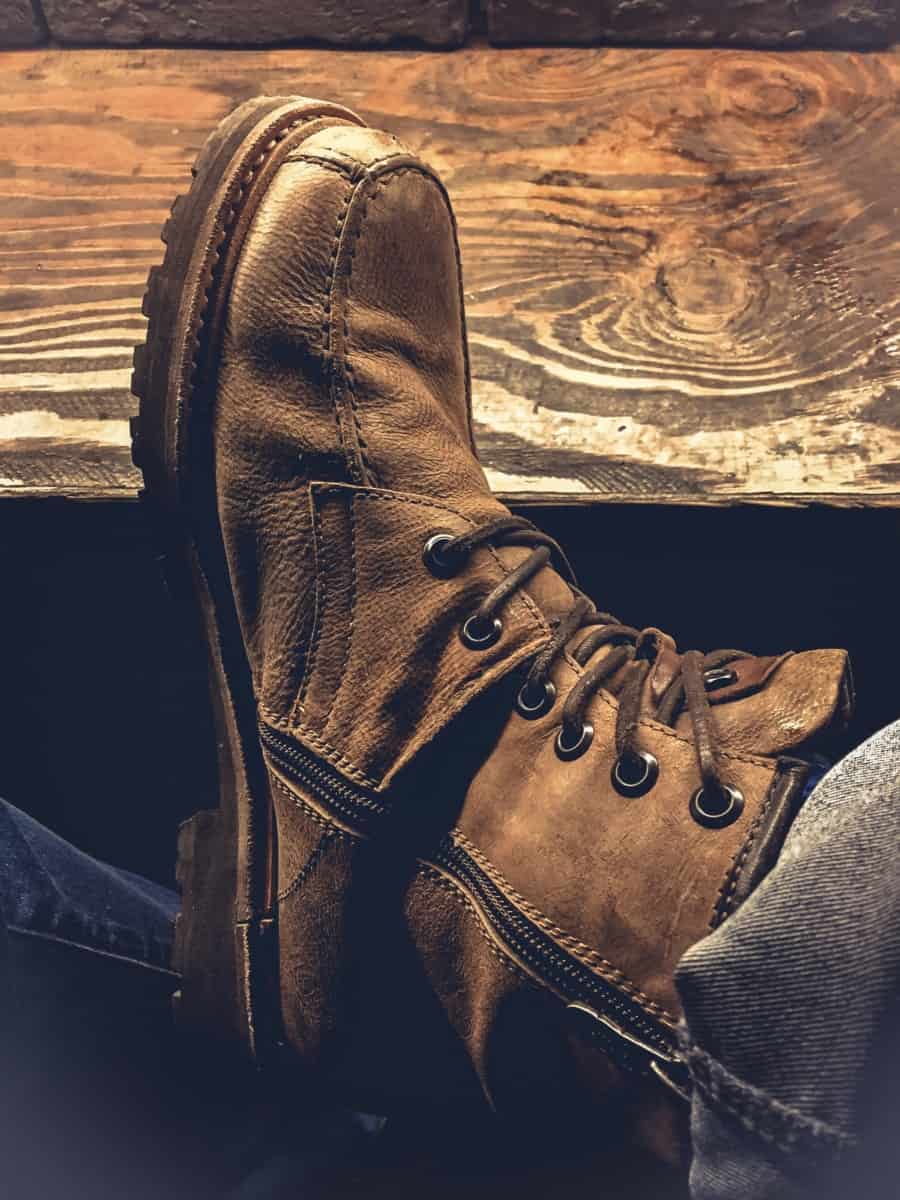Farming is one of the most hard-working professions in our time. Nowadays farmers have the luxury of technology and comfortable shoes, but that still does not change the fact that they have to work in the field most of the time, in different weather conditions. That kind of working condition requires proper equipment and the most important part of this equipment is shoes.
Since farmers have to do a lot of physical work, they have to buy a proper shoe for the matter. That’s why nowadays we have farming boots, that are designed to help farmers fulfill their work comfortably.
Farmers face difficult challenges practically every day: bad climate, the moist surface of the ground, etc. Specially designed farming boots help them keep their feet safe and ease their work condition. There are several criteria from which quality farming boots can be chosen.
First of all, the insole should be perfect or the feet. The insole is the most important part of the farming boots since it guarantees comfort. If the insole is not chosen properly, farming boots cause serious damage to the owner’s spine.
The second important feature is flexibility – Farmer should feel comfortable walking in his boots. Flexibility is determined by the leather quality and design of the sole. If the owner is able to walk comfortably, it will raise the working productivity.
A farmer is person of habit. If they like something, especially boots, they will hold on to them for a long time. That’s why sometimes they have a hard time letting the old pair go and try something new. Lord knows I’ve tried to get my farmer to get new boots!
How to take good care of your farming boots?
Farming boots made of rubber, as well as the ones made of other materials, must be properly looked after. Warm water, a piece of rags, a little vegetable oil or glycerin – that’s all you need to ensure a good appearance of the farming boots and it will become a long-term use.
Tips for rubber farming boots:
- After returning home in wet damp weather, you must wash your shoes with warm water and wipe dry.
- A durable rubber top does not allow air to pass through, so it is important to dry the inside of the knit coat well. Shoes dry best in a well-ventilated area. But it is impossible to dry products near heat sources or in the sun – the material may crack and coarsen.
- A light sole is easily cleaned with a regular eraser or soft cloth dipped in soapy water. Kerosene or gasoline cannot be used for these purposes – they will cause damage to the rubber.
- Change insoles, that will help you maintain the fresh sensation and protect your boots as well.
- It is preferable to wear shoes on socks made of natural materials. Rubber boots, for instance, do not allow moisture inside, but also do not give the opportunity to “breathe” the foot. Therefore, they must be aired, and the insoles should be washed regularly.
- You can’t stay in farming boots all day – due to the inability to breathe, your legs can swell and even hurt.
Tips for leather farming boots:
- In the beginning, when the shoes are still new, make the basic treatment: soak the shoes with cream and shoe polish. Firstly, this prevents the shoes from drying out, the leather becomes softer and more elastic, which means it sits better on the foot. Secondly, the pores of the leather will be protected from the ingress of harmful salt crystals or reagents.
- After wearing shoes, you need to wipe them with a dry or slightly damp cloth so that dust, which may contain aggressive substances, does not corrode the leather.
- It’s necessary to keep your shoes in footwear, preferably made of wood, but even the simplest plastic mold holders on a spring are better than nothing. When the shoes dry in a bent form it tears the leather. That’s one of the main reasons, cracks appear on the leather.
- It is advisable to alternate shoes and not to wear the same pair for several days in a row. Shoes should dry completely in a natural way. Sometimes it takes more than 12 hours.
- The boots must be washed with special products such as soap for shoes occasionally. It will cleanse the leather of dirt, which remains in the pores, stains and salt streaks. After washing, it is necessary to dry the shoes in a natural way (it takes from 12 to 16 hours), and then repeat the basic treatment.
- Don’t forget to treat the sole every few months with special compounds based on goose, seal or other fats that will maintain elasticity and prevent the leather from drying and cracking.

How to choose a proper farming boots?
- Select the size of the boots in accordance with the size of the foot. Experts recommend purchasing farming boots one size larger and wearing it with cotton socks.
- If the boots are not made of leather, buying a smaller size, even if they only press slightly, is not acceptable. Rubber shoes, unlike leather, do not stretch or wear.
- Pay attention to the shafts of the boot – the leg should not hang out, otherwise you are guaranteed to rub your feet in the places of contact.
- Tightness is the most important condition for good farming boots. To check it, do not wait for the first rain. Without tearing off the price tag, fill your boots with crumpled paper or newspapers and put a couple for a while in a container filled with water. If in some places the paper gets wet – bring the boots back to the store.
- Pay attention to the lining. The best choice is a lining made from natural fabrics. For cold weather, manufacturers produce shoes with special insulation. The insulation absorbs moisture and protects the feet from moisture and cold.
- Inspect the top of the product – the material should be free of cracks, creases, swellings.
- Pay particular attention to the sole. Thick, embossed, with a pronounced clear pattern sole will reduce the slipping on the wet grass or ground.
Additional tips
Farmers face different problems every day and most of the problems are well seen on their boots. Besides the cracks and scratches, there can be many problems with farming boots.
For example, the laces may tear, claps may break, and the sole might wear out. As mentioned before there are several ways to avoid those problems, but if you still manage to face some, here are some tips to fix them:
- Always keep laces from your previous shoes. If your shoes are already worn out, but laces are still good to go, be sure to keep them. It is always handy to have an extra pair of quality laces, to repair torn ones of your existing boots.
- Keep in mind to have an extra clasp for your boots. It is always better to take your boots to the professionals for the repair, but if you don’t want to do that you can always repair them yourself. You just need to have an extra pair of clasps and tools to repair them. Remember, if you are not completely sure that you can handle it, take the boots to the professional because you might ruin them while trying to fix the broken clasp.
- Sole is one of the most important parts of the farming boots. If the Sole is not good enough it can cause serious damage to health. Don’t wear the same pair of shoes every day to prevent soles from wearing out. It is very common to damage the soles, but you can always repair them with the help of the cobbler. Just ask them to add an extra layer to the worn out sole. This can be done multiple times. If the extra layers wear out, you can easily replace it with the new one.

Conclusion
Bear in your mind, that comfortable farming boots are hard to find and easy to wear out. That’s why be sure to take good care of them. If you follow the tips your boots will last as long as possible.

